Wisdom tooth removal
Wisdom tooth removal is one of the most popular procedures in dentistry. Entrust your smile to our doctors, we will help you forget about the pain.

specialists

equipment

treatment
What to do if your wisdom tooth aches

If pain occurs, it is important to contact your dentist immediately. This will determine the cause of the illness and prevent the development of serious complications. If pain occurs at night, when visiting a doctor is impossible, the following steps should be taken:
- Take available over-the-counter pain relievers to temporarily relieve pain
- If the intensity does not decrease and the pain continues even after taking the medicine, it is recommended to call an ambulance
To minimize the risk of problems with wisdom teeth, it is important to take preventive measures:
- Regular visits to the dentist to monitor the condition of the oral cavity
- Meticulous oral care, including brushing and flossing
- Timely treatment of inflammatory processes and other diseases of the oral cavity
This approach will help you avoid many problems associated with wisdom teeth and keep your smile healthy.
Can a wisdom tooth hurt “in position”?
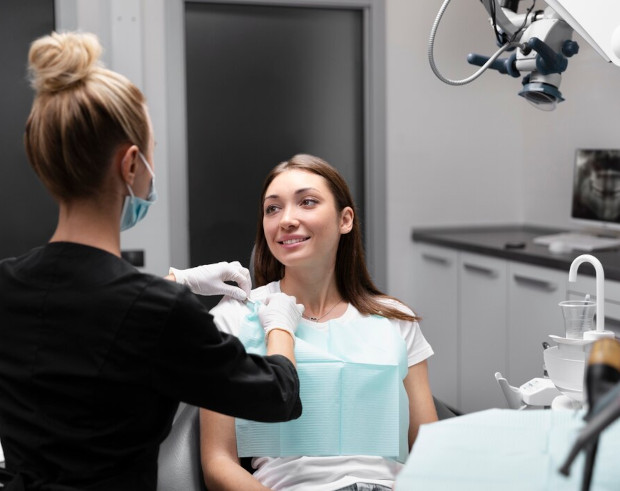
During pregnancy, it is important to minimize any medical interventions, including dental procedures. Particular attention should be paid to the first and third trimesters, when the formation and active growth of the fetus occurs. With concomitant inflammation and purulent processes, treatment should be immediate. Such symptoms can negatively affect the health of the mother and the development of the child.
Recommendations for pregnant women:
- Before planning, it is worth conducting an examination and, if necessary, dental treatment. This will help prevent possible complications in the future
- If treatment is necessary, the ideal time for this is the second trimester. During this period, the risk to fetal development is minimal, and the procedure will be safer for the expectant mother
In general, you should carefully monitor your health and contact a specialist at the first sign of dental problems. This will help avoid complications and maintain the health of both mother and child.
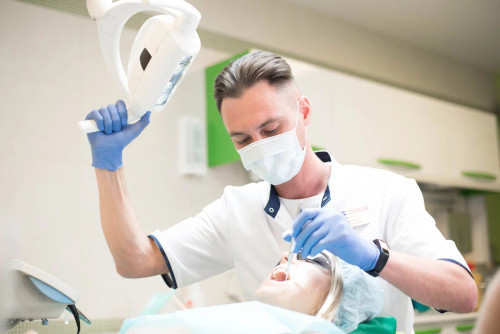
Treat or delete
Before starting treatment, a detailed diagnosis is carried out. The doctor first takes a medical history and examines the patient. For a more accurate analysis of the condition of the tooth, tools such as x-rays, orthopantomogram (OPTG) or computed tomography are used. These methods allow the assessment of roots and surrounding tissue.
After analyzing the data obtained, the doctor determines the treatment approach: conservative or surgical. In case of removal, an important step is rehabilitation to prevent complications and speed up recovery.
You need to have your wisdom tooth pulled out if:
- Difficulties with access due to remote location, complicating treatment and care
- Improper position, such as growing at an angle or horizontally, which can cause discomfort or damage adjacent teeth
- Difficulties with root canals due to their curvature
- Lack of a functional role, especially if the tooth is not involved in the chewing process
However, in some cases, retaining wisdom teeth is preferable. This is possible with its correct location and complete eruption, if the tooth is involved in chewing and has contact with the opposite tooth. Also, the vertical position of the roots and the lack of influence on the root system of neighboring teeth are factors influencing the decision to preserve.
How to numb a wisdom tooth
If you are experiencing severe pain, there are several steps you can take before visiting the dentist:
- Gently remove food debris with a toothpick, then brush your teeth thoroughly with a brush and toothpaste
- Rinse your mouth with natural antiseptics, for example, a decoction of chamomile or sage, or a solution of soda. These products will help clean and disinfect the oral cavity
- If a cavity has formed, you can place a cotton swab soaked in dental drops or anesthetics such as lidocaine
Avoid using hot compresses and rinses, as they may increase inflammation. Do not neglect pain symptoms and put off visiting a doctor. This can lead to the development of chronic pain, dizziness, tooth decay, and the spread of infection. In the future, this can lead to diseases such as caries, pulpitis and, in rare cases, even sepsis or damage to internal organs.
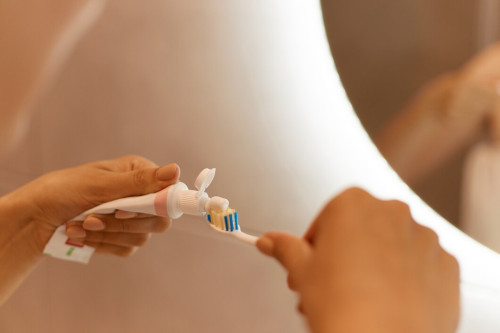
General information about the procedure
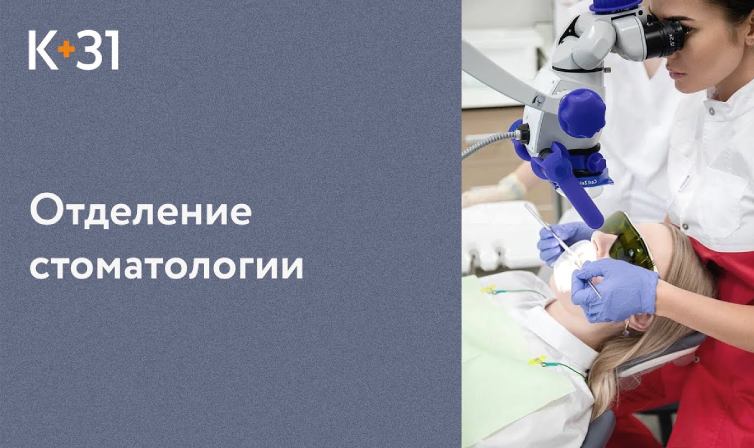
Modern methods of diagnostics and dental treatment at "K+31"
Prevention of wisdom tooth pain
Prevention of pain associated with wisdom teeth begins with regular oral care and timely visit to the dentist. Pain can occur due to various reasons, including inflammation, abnormal growth or food debris.
It is important to remember that wisdom teeth often erupt between the ages of 17 and 25, and at this age it is especially important to monitor your oral health. If you experience pain or discomfort, do not delay visiting your dentist. Early detection of problems and their timely treatment will help avoid complications and maintain dental health.

Basic preventive measures:
- Regular visits to the dentist Monitoring the condition of your wisdom teeth will help you identify and prevent problems in time
- Careful hygiene Using a soft-bristled brush and dental floss helps remove food debris and plaque, especially in hard-to-reach areas
- Avoiding solid foods Solid foods can cause injury and increase pain
- Regular rinsing of the mouth with antiseptic solutions This helps reduce the risk of inflammatory processes
Our doctors

This award is given to clinics with the highest ratings according to user ratings, a large number of requests from this site, and in the absence of critical violations.

This award is given to clinics with the highest ratings according to user ratings. It means that the place is known, loved, and definitely worth visiting.

The ProDoctors portal collected 500 thousand reviews, compiled a rating of doctors based on them and awarded the best. We are proud that our doctors are among those awarded.
Make an appointment at a convenient time on the nearest date
Price
Other Services
Plastic surgery of soft tissues of the oral cavity
Tooth cyst removal Tooth extractionTreatment of inflammatory diseases
Single stage dental implants Classical two-stage dental implantation Full dental implants Lingual bracesOrthodontist consultation
Vestibular multi-loop bracesOrthodontic microimplants
Dental implants Dental prosthetics in K + 31 City Nobel Biocare Global Simposium Total dental restoration Treatment of stomatitis Gum treatment Treatment of gingivitis Treatment for gum recession AirFlow teeth cleaning Treatment of dental channels GumplastyPlastic surgery of the frenulum
Treatment of alveolitis Treatment of an abscess on the gum Bone graftingPlates
Treatment of bruxism Braces: ceramic, metal, invisible, sapphire Aligners Straightening teeth without bracesInstant dental implantation
Front teeth implantation Dental implantation in a dream Open and closed sinus lift Implantation of chewing teeth Dental implantation All-ON-6 implantation Bridge on implants Dentures Inlays for teeth Crowns for chewing teeth Prosthetics of anterior teeth Prosthetics for complete absence of teeth Partial dental prosthetics Crowns for teeth Zirconium crowns E-Max ceramic crown Ceramic crowns Metal crowns for teeth Metal-ceramic crowns Crowns for front teethDental treatment
Online consultation with a dentist-therapist
Online consultation with a periodontist
Treatment of pulpitis and periodontitis of primary teeth Treatment of caries of milk and permanent teeth Crowns for baby teeth Removing a baby tooth Treatment of primary and molar teeth Preserving tooth vitality using Biodentine Treatment of caries in children without a drill using the ICON method Fissure sealing to protect teeth from caries Dental remotherapy in children Restoration of milk and permanent teeth after injuries Lip frenuloplastyOnline consultation with a pediatric dentist
Oral hygiene according to the Swiss GBT protocol Plastic frenulum of the tongueOnline consultation with a dental surgeon
Онлайн консультация ортодонта
Онлайн консультация стоматолога-ортопеда
Diagnosis and treatment of TMJ diseases Axiography of the TMJ Condylography of the TMJ MRI TMJ Splint therapy for TMJ Total dental rehabilitationOcclusion Analysis
Digital Smile Design (DSD) CEREC ceramic crowns, vineyards and deposits: 1 day manufacture and installation Boxing tire Treatment of baby teeth Dental treatment in a dream Treatment of soft tissues of the oral cavity Ultrasonic teeth cleaning Treatment of dental cyst Dental restoration Treatment of periodontitis Tartar removal Plates for teeth straightening One-stage dental implantation Removed dental prostheses Ceramic veneers Composite veneers Dental treatment with anesthesia Tooth extraction under anesthesia Dental treatment under sedation Children's orthodontics Veneers on the front teeth Nobel Biocare Implants Implantation of upper teeth E-max veneers Wisdom tooth removal under anesthesia Osstem implants Implantation of lower teeth Manufacturing of mouthguards Mini implants Retainers Composite restoration of teeth Root canal treatment under a microscope Splint therapy Dental implantation in one day Dentium implants Astra Tech implants Alpha-Bio implants Nylon prosthesis Clasp denture Dental treatment under sedation in children Fluoridation of teeth Treatment of periodontitis Single tooth implantation Sinus lift Dental prosthetics





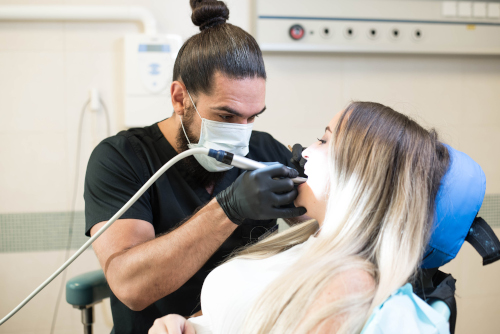
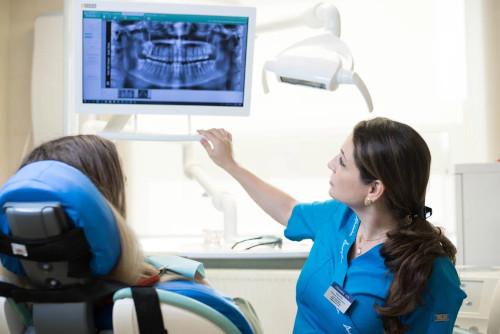

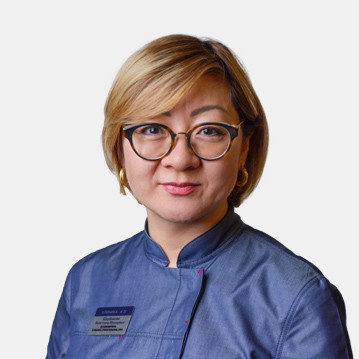
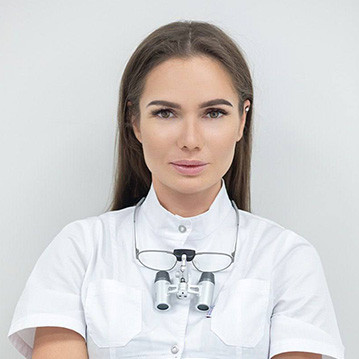
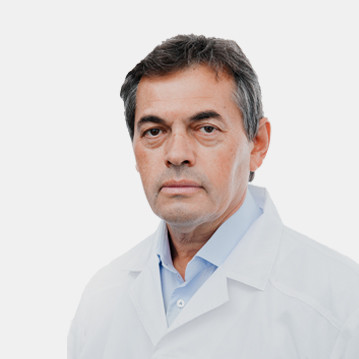
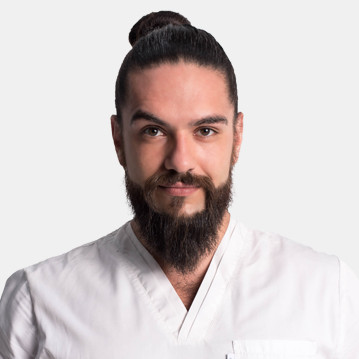
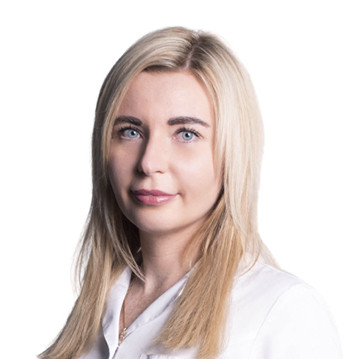
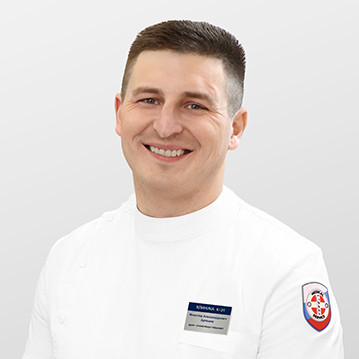
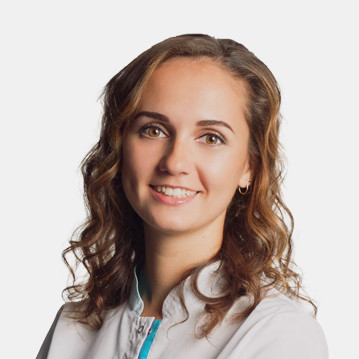
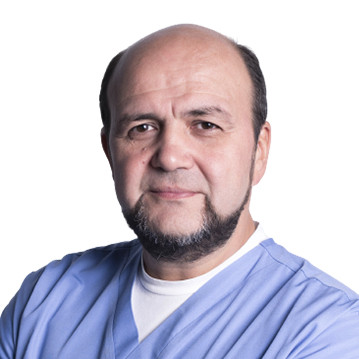

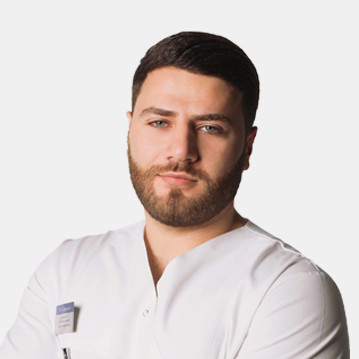

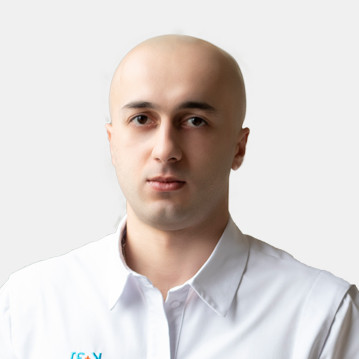
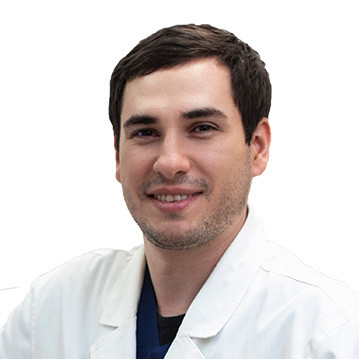

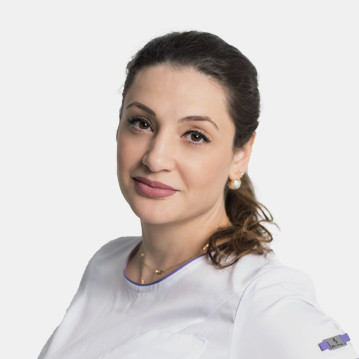
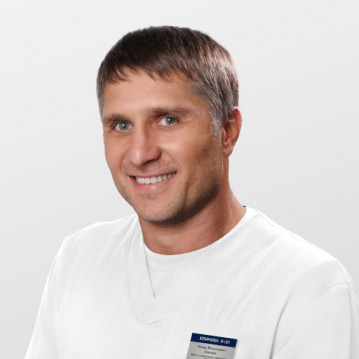
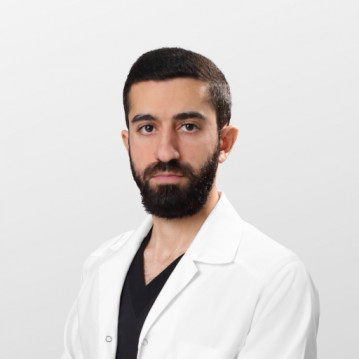
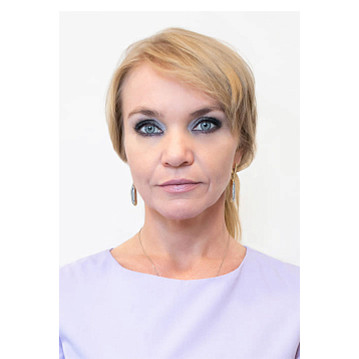
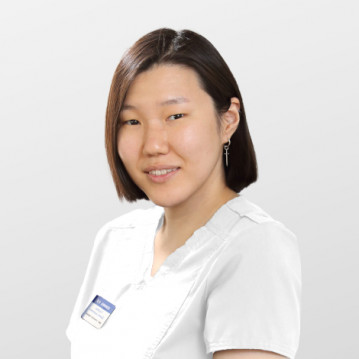
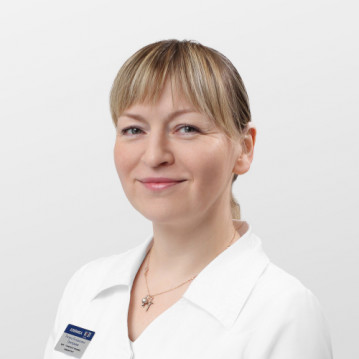
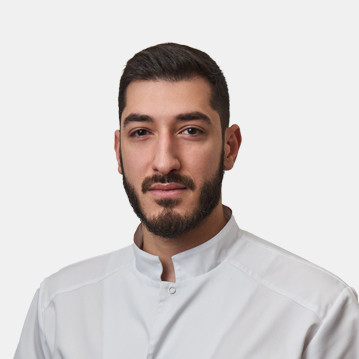

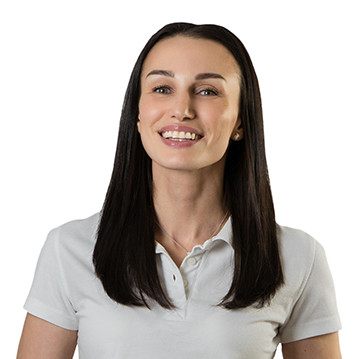
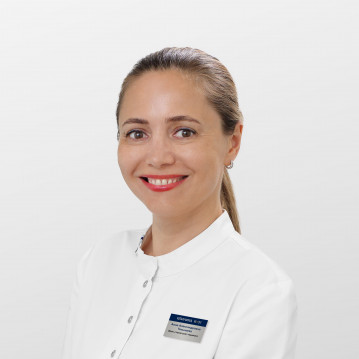
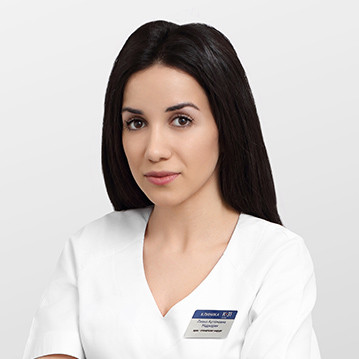
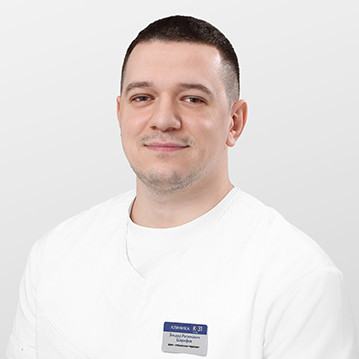
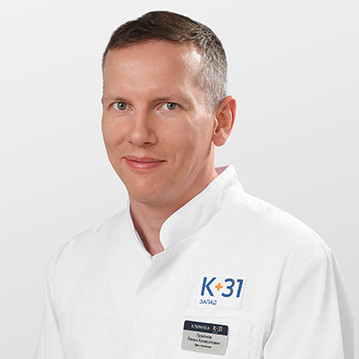
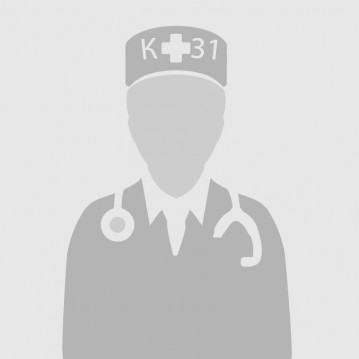

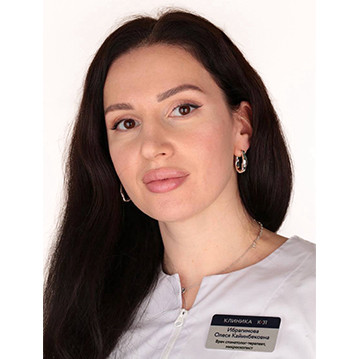
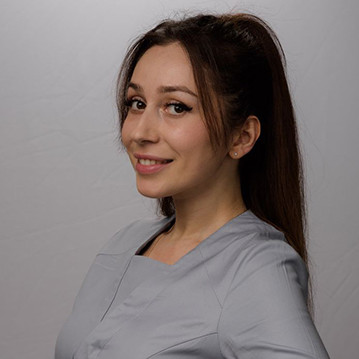



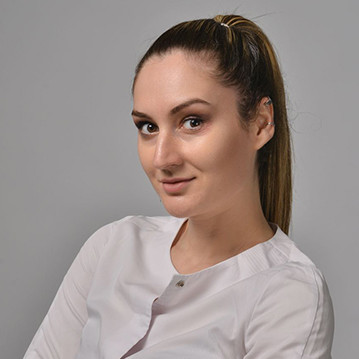

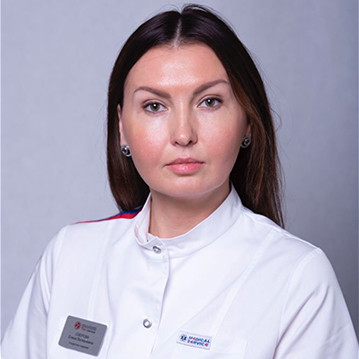
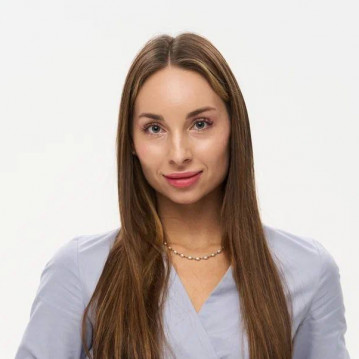
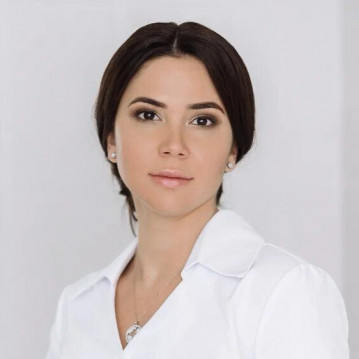







When should a wisdom tooth get sick?
The third molar, better known as the wisdom tooth, is the last element in a row of human teeth. It begins to erupt between the ages of 17 and 25, when a person reaches age of maturity. However, teething is often accompanied by various problems and ailments, since There is often not enough space in the jaw arch for its full growth. This may lead to incorrect development of the tooth, its abutment against neighboring ones, thereby causing discomfort and pain. In some situations, wisdom teeth may remain hidden in the gums or bone, which also provokes pain and can cause subsequent dental problems.
Eights appear between the ages of 17 and 25. This time period coincides with entering adulthood, when life experience accumulates. Typically four of these teeth develop, two on each jaw. However, in some cases they may not erupt completely or be completely absent.
Experts believe that in the modern world, where food is soft and does not require intensive chewing, eights have lost their original function. In ancient times they played a key role in grinding solid food, but now their role has diminished.
It is important to know that many doctors advise removal in the early stages of their development, especially if discomfort or risk to oral health occurs. The extraction procedure and subsequent healing are usually successful if the tooth has already passed through the gum.